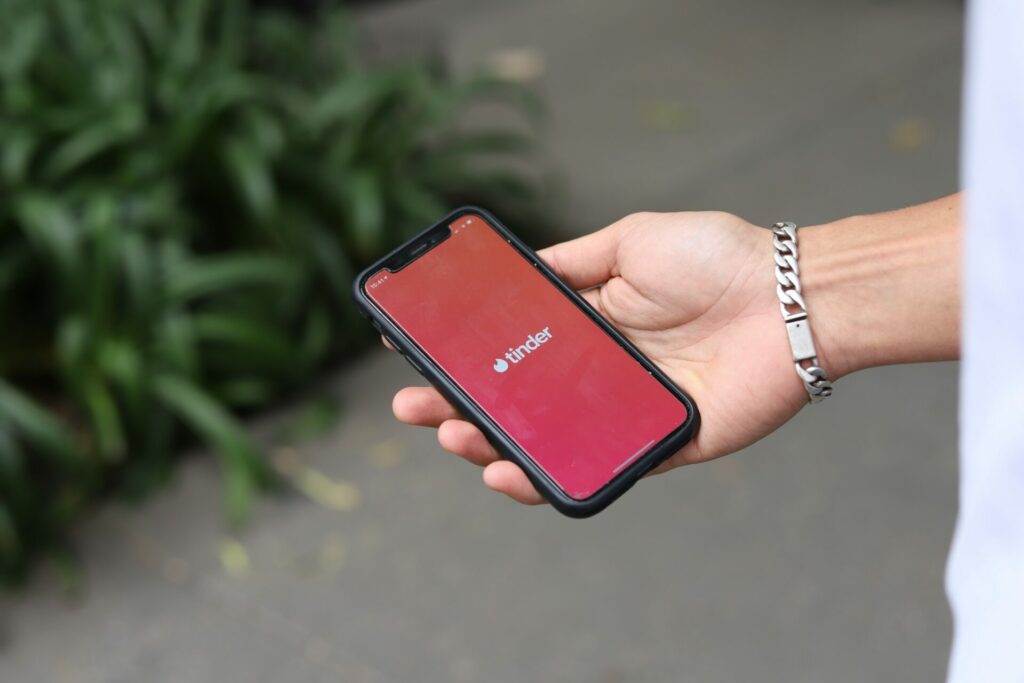After an impressive jump in registrations on dating applications in recent years and particularly during the Covid-19 pandemic, a new phenomenon has arisen which is affecting users of these dating tools: "dating fatigue."
Tinder, Fruitz, Bumble, Grindr, Badoo... In just a few years, dating apps have dethroned traditional websites and become an essential part of the search for a soulmate or, at the very least, a partner for the here and now.
But experts are beginning to wonder how good these apps may be for our mental health and are carrying out studies analysing the dangers of these applications. The initial findings have shown that “dating fatigue” is starting to set in on those users who feel they are wasting their time on these apps.
"These applications give the impression that the number of potential partners is immeasurable," Jacques Marquet, a sociologist at UCLouvain, told RTBF. "In more traditional meetings, the number of potential partners is limited. These are colleagues, friends, and friends of friends… In short, the circle is small. But on these applications, there are thousands, even hundreds of thousands of potential partners."
Feels like work
This profusion of profiles has, according to research, an important consequence on the state of mind of users: "They can tell themselves that there are so many choices, that the people they meet may not be the most interesting and that they could find better,” added Marquet. “So, the search will never stop. And fatigue sets in."
This fatigue can also be amplified by the constraints that we impose on ourselves. "To stand out from the crowd, you have to create something: the profile must be original, the photo must be adequate, you have to respond quickly enough otherwise the person thinks that we are not interested in them," he said.
During meetings with study subjects, Marquet realised that some of them saw this search for a partner as work. "Some people even told me that they took notes from the first virtual discussion to avoid making a mistake in the name of a child for example, so as not to be rejected,” he said. “Looking for love has become as intense as looking for a job. All these elements make some people crack and lose their way."
Related News
- Happy Valentine's: World speed dating record broken in Brussels
- Tip of iceberg: Dating apps in Belgium failing to protect people from violence
- Warnings of 'Tinder Swindlers' put out amid rise in online dating scams
Marquet’s research echoes that of a published in 2016 by the American Association of Psychologists which revealed that users of the Tinder application had lower self-esteem, said they were less satisfied with their face and appearance and were more ashamed of their bodies.
They were also more likely to see themselves as sexual objects, internalise society's ideals of beauty, compare their appearance to that of others, and constantly monitor their appearance. This was true for both men and women.

